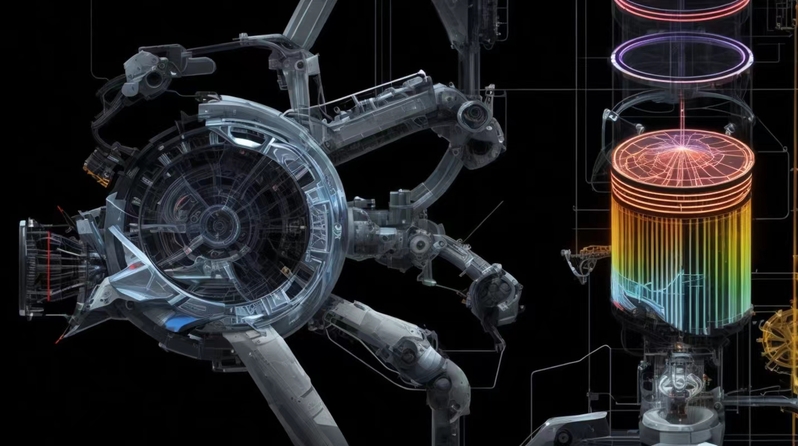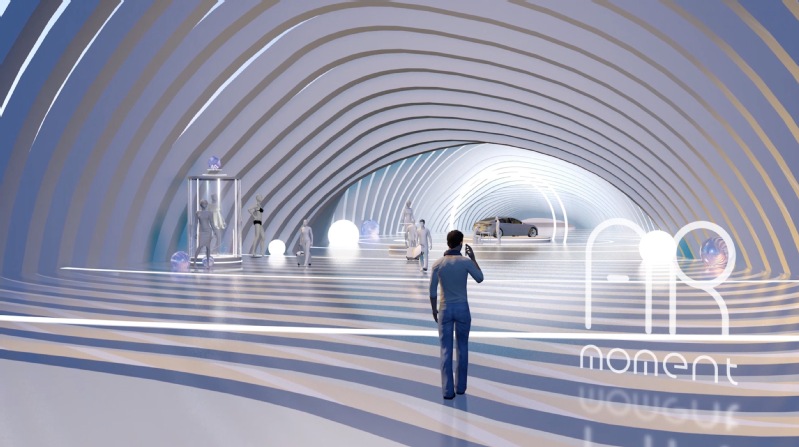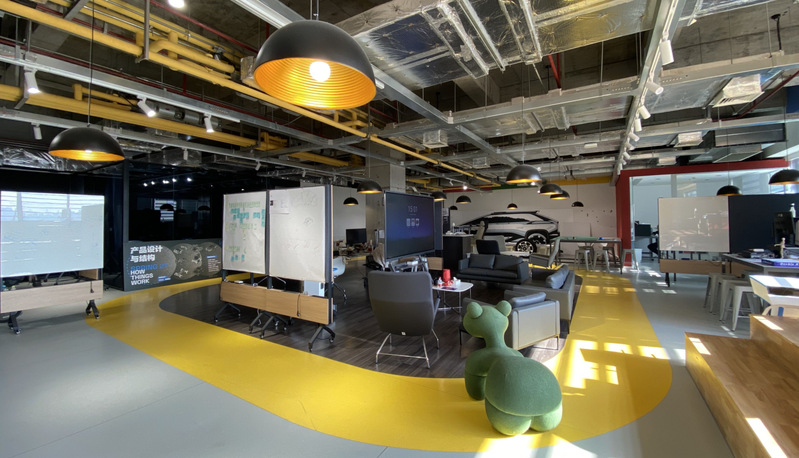Research Centers Research Centers
The Creative Technology Laboratory plans to set up a number of science and technology laboratories and art design studios in different fields, and is committed to building an interdisciplinary, creative, heavy application that integrates intelligent technology, design and art, and has a high degree of social responsibility and mission. And an internationally recognized scientific research platform.
At present, the platform has the following laboratories and studios, and there will be new ones in the future.

Center for Adaptive System Engineering
(CASE)
Focusing on cutting-edge technologies, including adaptive 3D printing, surface engineering, precision detection and automation, and digital assembly.
CASE is committed to developing an adaptive and intelligent manufacturing platform based on big data, Internet of Things (IoT), and closed-loop feedback for process optimization, driven by transformative research and innovative integration.

Artificial Intelligence and Digital Art Lab
(AIDA)
Dedicated to the research of cutting-edge technologies such as machine consciousness, reinforcement learning, generative models, and deep learning, exploring technical paths towards general artificial intelligence. Expanding the application of related technologies in creative industries such as decision intelligence, interactive intelligence, and the metaverse, to foster the integration of intelligent technology with creative industries.

Design Interaction Visual Lab (DIV)
Committed to interdisciplinary research and practices, including: design, art, human-computer interaction, participatory design, artificial intelligence, computer science, sociology, anthropology, communications, business, cultural research and social innovation design in related fields. Using artificial intelligence and innovative technology, DIV proposes new ideas, novel methods and concepts for future intelligent living environments, and innovative designs of future cities.
 Lab for Experiential and Affective Design
Lab for Experiential and Affective Design
(LEAD)
Dedicated to interdisciplinary research and education in the design of systems that interact with humans in meaningful ways: cognitively and emotionally. We identify user needs and design solution concepts to address them. We then evaluate user responses using scientific methods such as skin conductivity (GSR), eye tracking, face recognition, brain activity (EEG, fMRI), and other biometric measurements. We then analyze the responses and create tools (i.e., heuristics, patterns, and design support systems) that empower designers to better address human needs and wants.
Address:No. 393 Huaxia Middle Road, Pudong New Area, Shanghai
Zip code:201210


